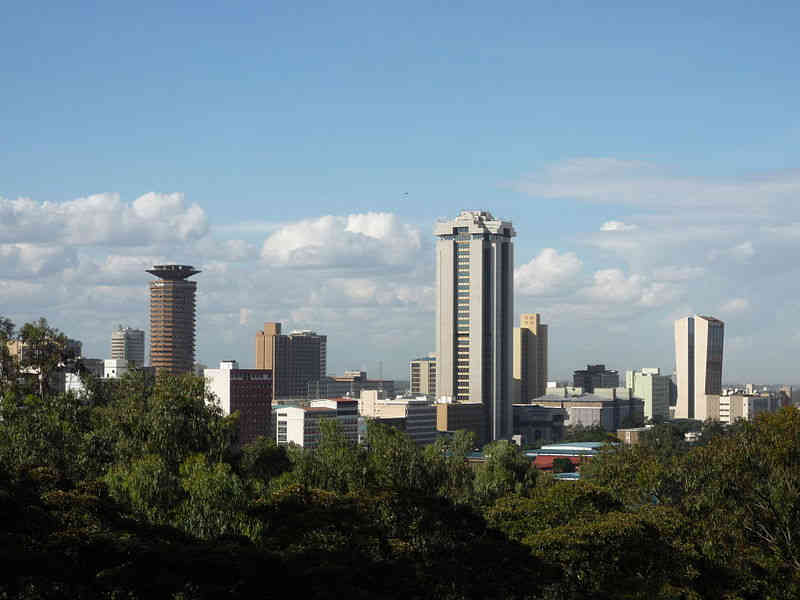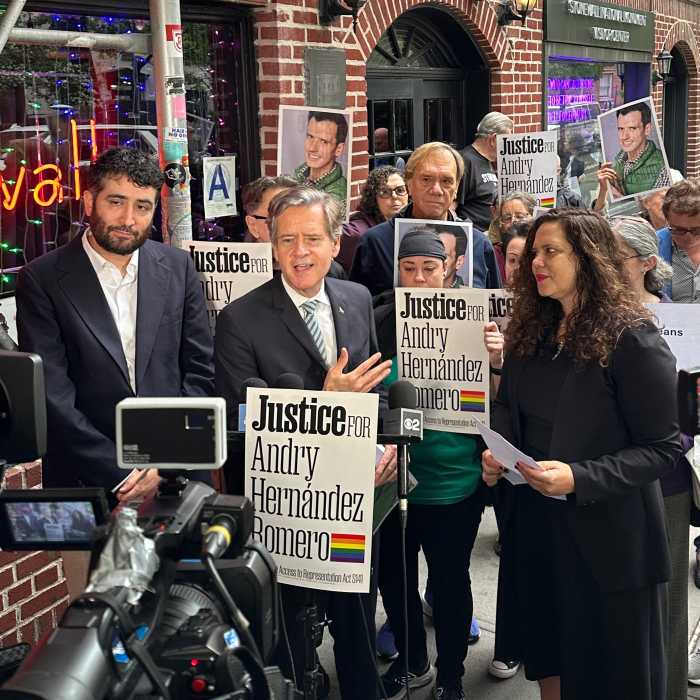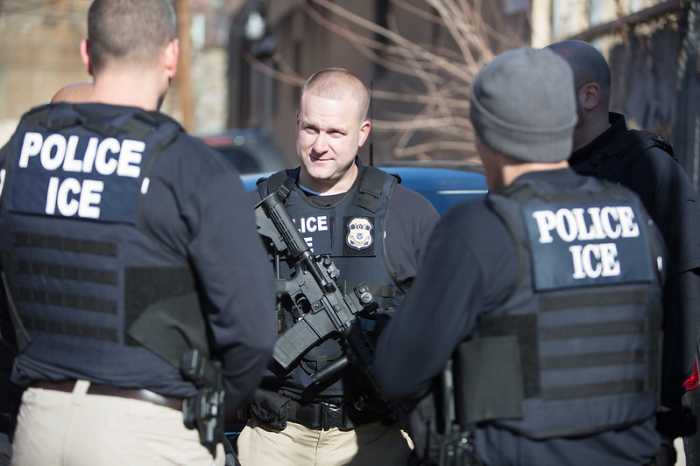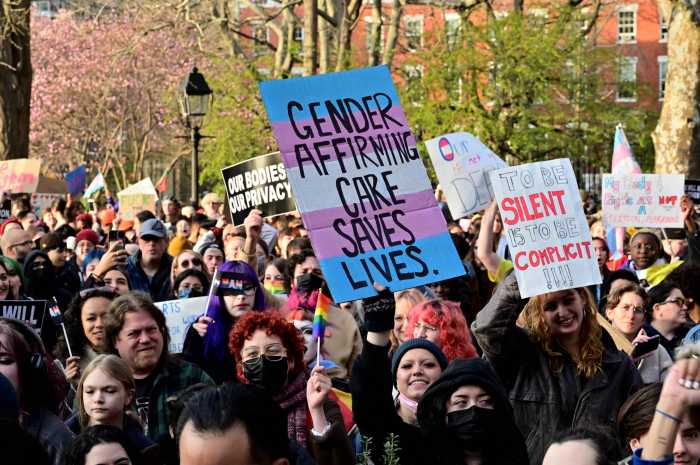Kenya’s Court of Appeals in Nairobi on March 22 upheld a High Court ruling declaring that an LGBTQ organization must be recognized, giving the community there a major victory in its quest to gain respect from a government that has held back queer rights based on laws put in place during British colonial rule.
The five-judge bench ruled 3-2 to reject the Non-Governmental Agency (NGO) Coordination Board’s appeal of a ruling that had given the National Gay and Lesbian Human Rights Commission (NGLHRC) the same opportunity to assemble as any other group.
The NGLHRC, an NGO that has worked since its inception in 2012 to defend LGBTQ Kenyans, has endured an ongoing battle to operate legally. The appeal had thrown NGLHRC’s future into limbo until the March 22 ruling.
The NGLHRC did not immediately respond to a request for comment, but the organization posted on Twitter acknowledging the ruling.
The Gay and Lesbian Coalition of Kenya, an umbrella group representing LGBTQ people in Kenya, told Gay City News in a written statement that the ruling could set the tone for similar advancements in the future.
“This is a great victory for human rights in Kenya and for Kenyans,” the coalition said. “It has set a precedent that will prevail for a long time going forward.”
Judge Asike Makhandia, who voted in favor of the NGO, made it clear after the ruling that oppressed communities need to be able to exist freely.
“In a society that is diverse as Kenya, there is need for tolerance and in any democratic society there will always be a marginalized group,” he said, according to Nairobi-based news outlet The Star. “This appeal therefore lacks merit and is dismissed.”
Judge Philip Waki, also siding with the High Court’s ruling, echoed Makhandia’s words when he said, “The reality is that this group does exist and we can no longer deny that.”
“The issue of LGBT is rarely discussed in public. But it cannot be doubted that it is an emotive issue,” Waki added. “Let it go down that I will not be the first to throw a stone and harm them.”
Still, the two judges who voted against recognizing NGLHRC argued that allowing the organization to assemble would lead to the destruction of Kenya’s values.
The ruling comes as the High Court prepares to determine on May 24 whether to decriminalize gay sex, a ruling that was originally slated for February but was postponed after the court sought more time to reach a decision.
Elsewhere on the continent, Angola’s Parliament voted to wipe out its sodomy ban earlier this year and banned discrimination on the basis of sexual orientation, while Botswana’s High Court will rule on June 11 whether to overturn its own sodomy laws.
But like in many other parts of Africa, the LGBTQ community in Kenya continues to face hostility in a deeply conservative culture. Transgender refugees who fled Uganda and are currently holed up in a United Nations-based safe house outside of Nairobi told Gay City News earlier this year that they have faced abuse from police officers, fellow refugees, and others.
The Refugee Coalition of East Africa (RefCEA), which has strongly advocated for the advancement of LGBTQ rights in Kenya and has worked closely with the UN, is closely watching the forthcoming sodomy ruling because of its impact on queer refugees in the region.
“The injustice of a law that declares our very being to be a crime must come to an end,” RefCEA said in February. “Justice here in Kenya can be achieved.”



































